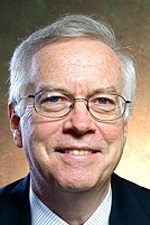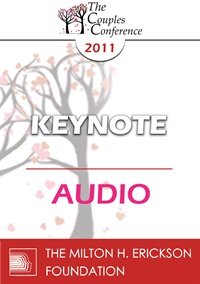CC11 Keynote 03 – Bad and Good Couples Therapy - William Doherty, PhD
- Average Rating:
- Not yet rated
- Topic Areas:
- Couples Therapy | Keynotes | Therapist Development | Cultural and Social Contexts
- Categories:
- Couples Conference | Couples Conference 2011 | Pioneers in Couples and Family Therapy
- Faculty:
- William Doherty, PhD
- Duration:
- 59:52
- Format:
- Audio Only
- Original Program Date:
- Apr 02, 2011
- License:
- Never Expires.
Description
Description: A renowned marriage therapist addresses common pitfalls in couples therapy, highlighting the importance of structured sessions, managing conflict, and empathizing equally with both partners. Practical insights include handling pivotal moments, such as reconciliation attempts, framing therapy as a trial period, and addressing gaps in therapist training.
Syllabus Description: Jay Haley once said that couples work is the hardest kind of therapy. This presentation will identify the most common screw-ups therapists make in couples therapy, and demonstrate ways to avoid them. There will be some-thing for both beginning and experienced therapists, who tend to make different mistakes.
Educational Objectives:
- List the most common mistakes of couples therapists.
- Describe best practices that cut across models of couples therapy.
*Sessions may be edited for content and to preserve confidentiality*
Credits
Handouts
| Timestamped Transcript (876.1 KB) | 20 Pages | Available after Purchase |
| Ericksonian Learning Snapshot (248.4 KB) | 2 Pages | Available after Purchase |
Faculty

William Doherty, PhD Related Seminars and Products
William J. Doherty is an educator, researcher, therapist, speaker, author, consultant, and community organizer. He is Professor and Director of the Marriage and Family Therapy Program in the Department of Family Social Science, College of Education and Human Development, at the University of Minnesota, where he is also an adjunct Professor in the Department of Family Medicine and Community Health.


